The Evolution of the MSO Model
Healthcare is changing faster than most organizations can keep up.
Rising administrative costs, staffing shortages, and shifting reimbursement models are forcing providers to rethink how they operate.
Enter the Management Services Organization (MSO)—a structure designed to help independent practices and specialty groups share the administrative load while maintaining clinical autonomy.
What began as a back-office support model has evolved into something much larger: a blueprint for scalable, intelligent healthcare operations.
And now, with the rise of AI-powered automation, MSOs are positioned to lead the next era of healthcare efficiency.
1. The Economics of Centralization
The traditional clinic model is under strain.
Each practice maintaining its own billing, credentialing, and compliance functions creates duplication, inconsistency, and waste.
MSOs solve this by centralizing those functions—spreading costs and expertise across multiple practices.
The result: economies of scale, standardized performance, and reduced administrative overhead.
AI enhances that centralization by automating repetitive work across all partner clinics simultaneously.
What once required multiple full-time teams can now be managed through intelligent workflows that operate 24/7, without burnout or backlog.
2. Standardization Without Losing Autonomy
One of the MSO model’s biggest advantages is balance.
It allows practices to keep their unique identities while benefiting from standardized operational excellence.
AI strengthens this balance by creating structured workflows that adapt to each practice’s systems and preferences while maintaining consistency at the network level.
Think of it as an operational framework that flexes, not fractures—unifying data and processes without forcing every clinic into the same mold.
3. Turning Data Into a Strategic Asset
Data has long been healthcare’s most underutilized resource.
MSOs, with their cross-practice reach, are uniquely positioned to turn operational data into intelligence.
AI enables that transformation by aggregating information from EHRs, billing systems, and compliance platforms—then analyzing it in real time to identify inefficiencies, forecast trends, and measure outcomes.
This visibility allows MSO leaders to make decisions based on precision, not instinct.
And it allows providers to see exactly how their performance fits into the larger ecosystem.
4. Solving Healthcare’s Staffing Equation
Workforce shortages have become a defining challenge in healthcare.
MSOs can’t hire their way out of it—but they can automate their way forward.
By using AI to handle credentialing, billing validation, and data reconciliation, organizations can do more with their existing teams.
Automation doesn’t replace people—it amplifies them, reducing burnout and freeing staff for higher-value work.
In a time when every hour of labor matters, that operational leverage is a competitive advantage.
5. The Platform Shift: From Shared Services to Smart Systems
The next generation of MSOs won’t just share services—they’ll operate as intelligent platforms.
Instead of each function existing as a silo, AI will connect documentation, billing, referrals, and compliance into one cohesive workflow.
This is more than digital transformation—it’s digital unification.
The MSO becomes a living system that learns, adapts, and improves continuously.
That’s the kind of foundation healthcare has been missing—and it’s what makes the MSO model so uniquely suited to the AI era.
Why Forward-Thinking MSOs Choose Honey Health
Honey Health was designed for this new phase of healthcare scalability.
Its AI-powered platform unites documentation, billing, compliance, and credentialing into a single, intelligent operating layer—purpose-built for organizations managing growth.
Key advantages include:
- Healthcare-Native Intelligence: Trained on real clinical and operational data.
- Unified Infrastructure: Connects all back-office workflows across practices.
- Transparent Oversight: Delivers real-time visibility into performance metrics.
- Scalable Architecture: Adapts effortlessly as networks expand.
- Operational ROI: Reduces administrative cost and time-to-value across locations.
For MSOs looking to build sustainable, scalable operations, Honey Health provides the foundation for intelligent growth.
The Future of Healthcare Runs on Intelligence
MSOs are no longer just a structural convenience—they’re the future of operational excellence in healthcare.
By combining shared services with smart systems, they’re proving that growth doesn’t have to mean complexity.
AI is making it possible to scale without compromise—to expand efficiently while improving care quality and financial performance.
In the healthcare systems of tomorrow, it won’t be size that determines success.
It will be intelligence.
And MSOs are leading the way.


